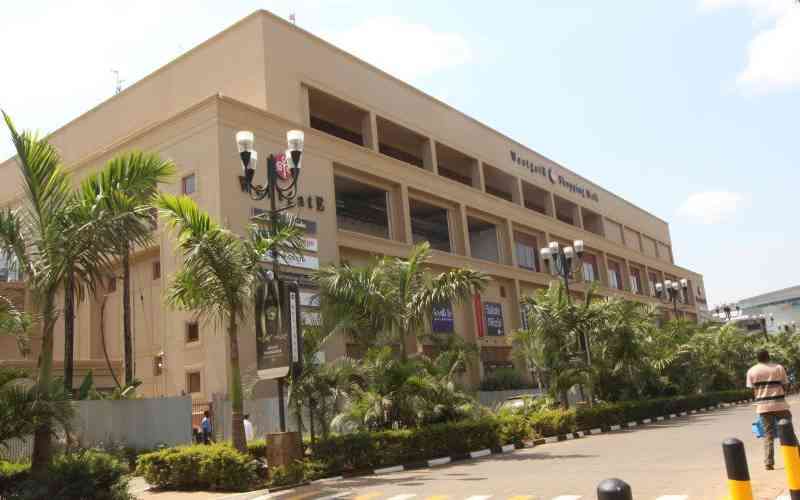×
The Standard e-Paper
Stay Informed, Even Offline

Ten years ago today, gunmen suspected to be terrorists attacked a mall in Nairobi, killing 67 people and injuring many others.
At the frontline, before the police and military personnel arrived, were private security guards on their normal duties, some lost their lives at the West-gate mall in Westlands.